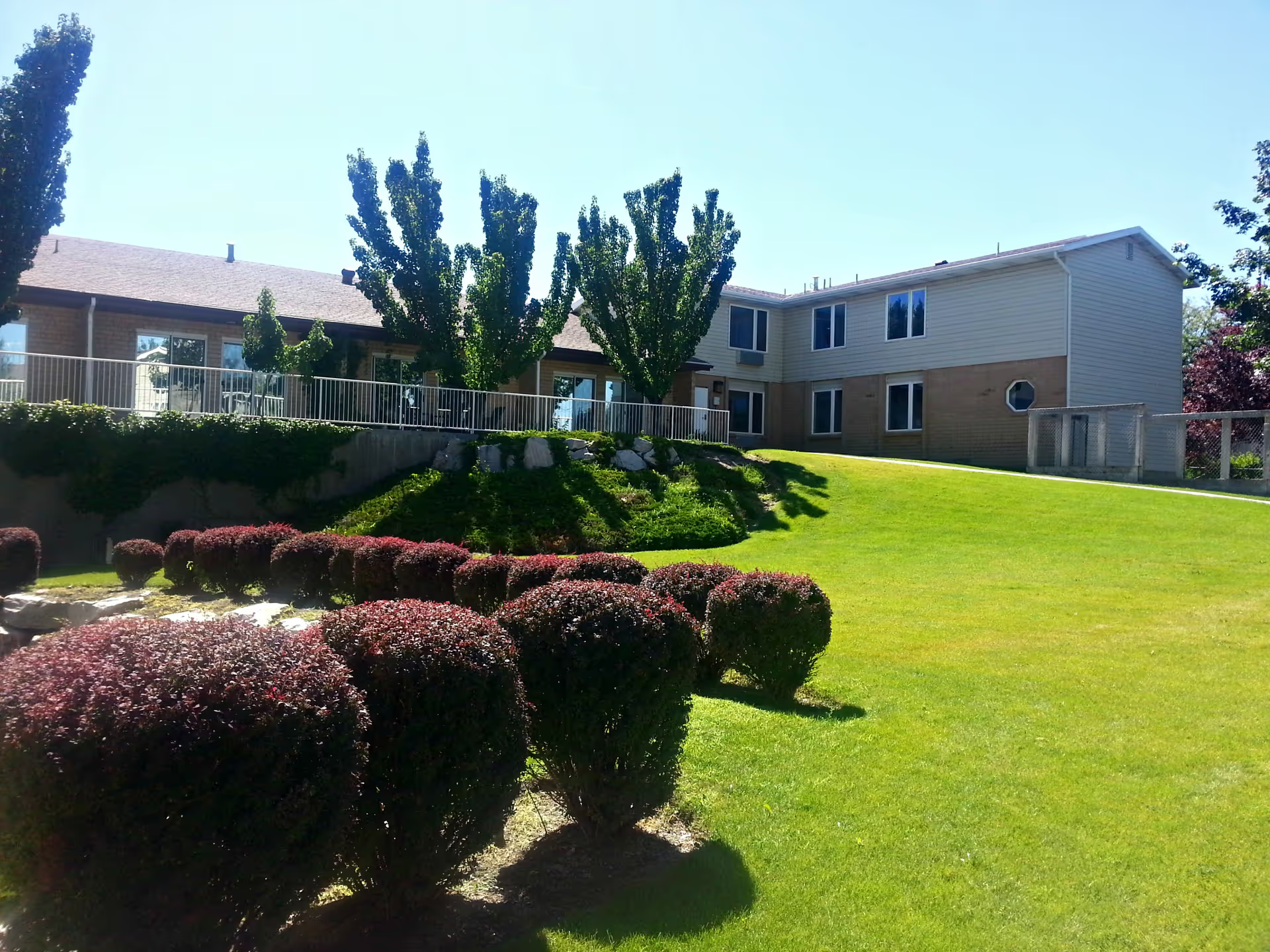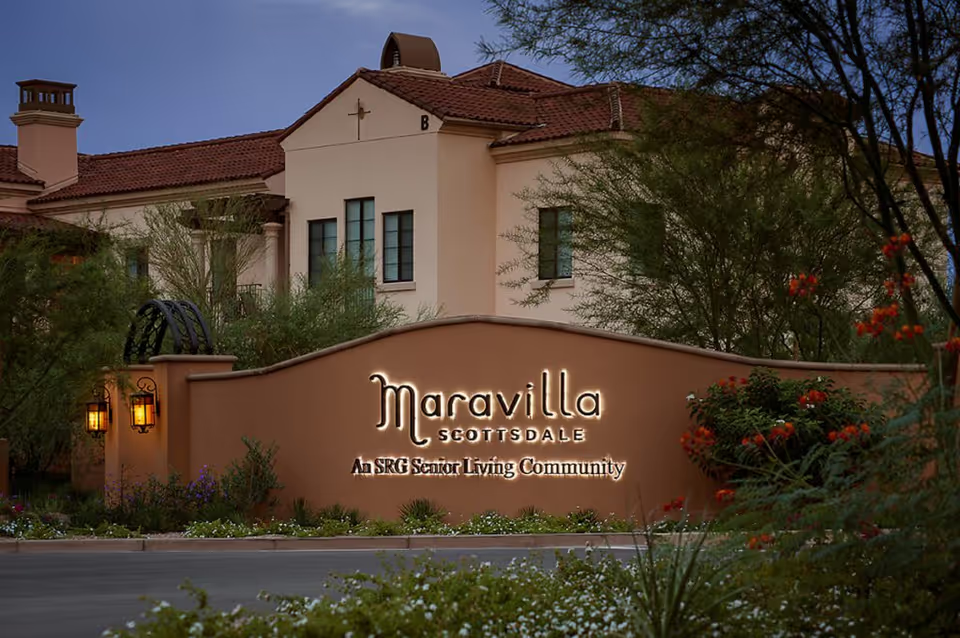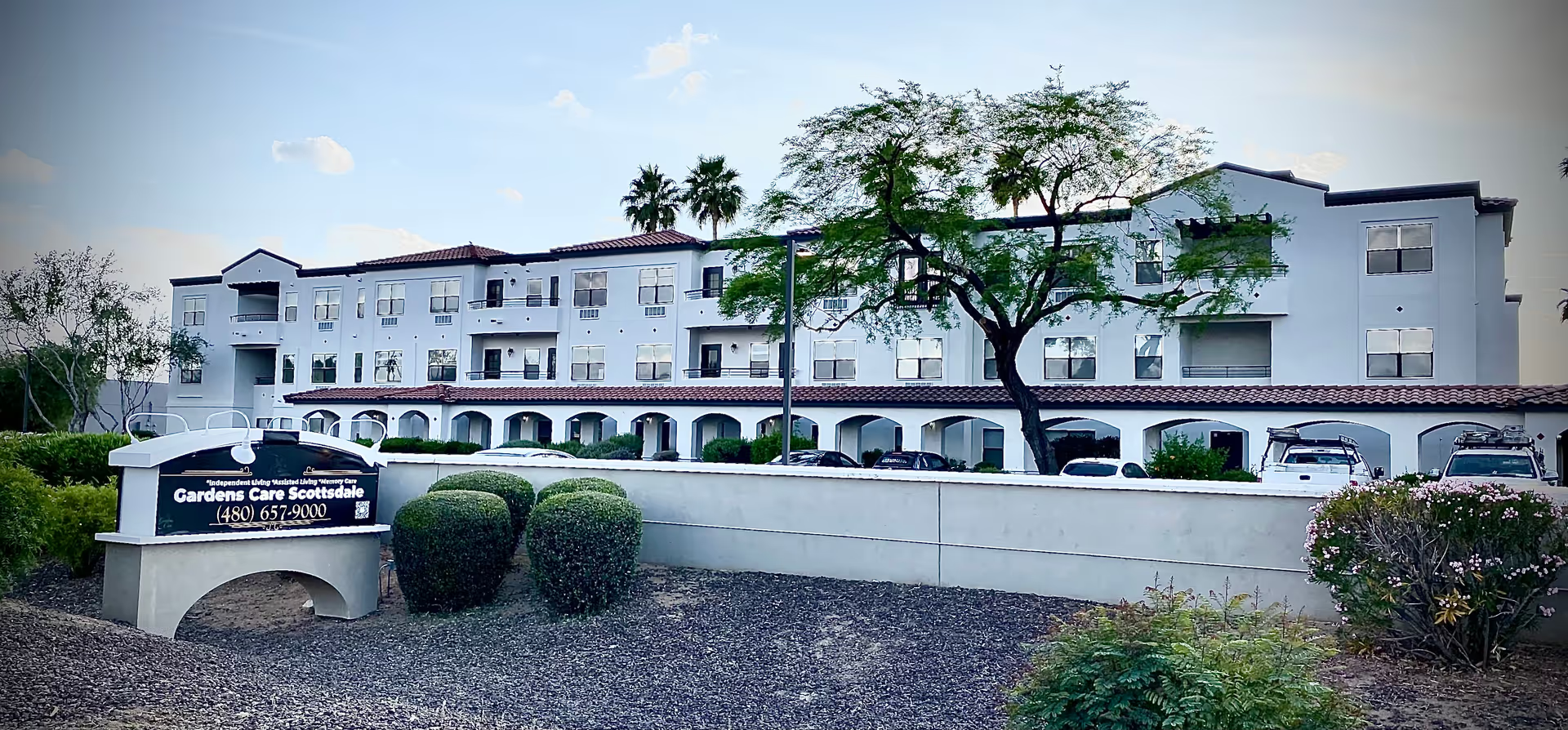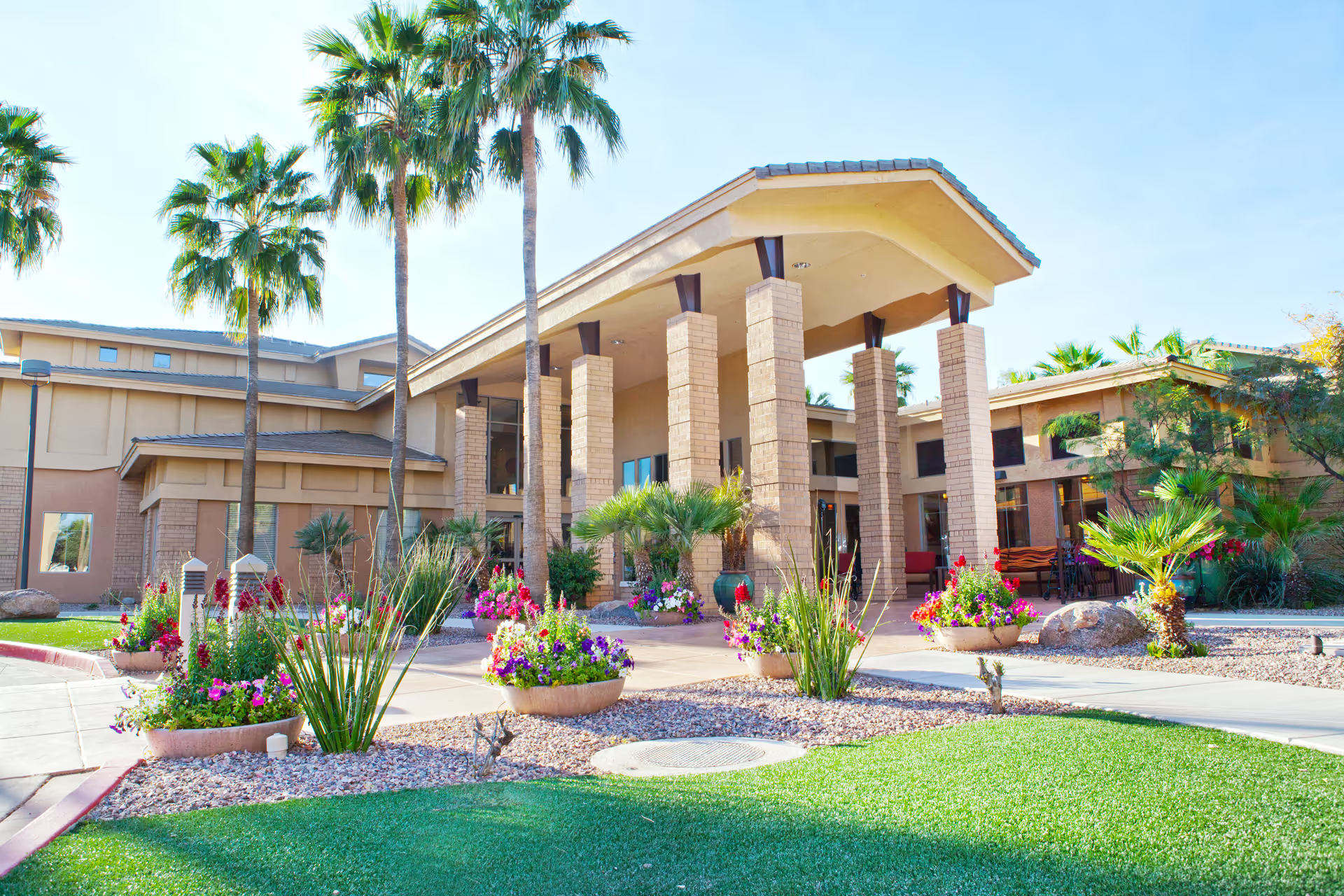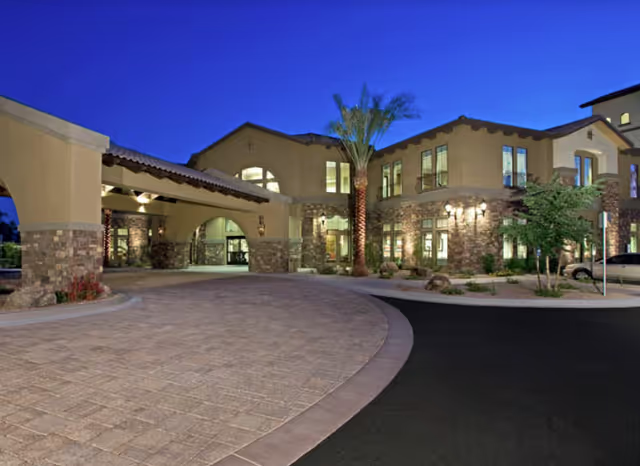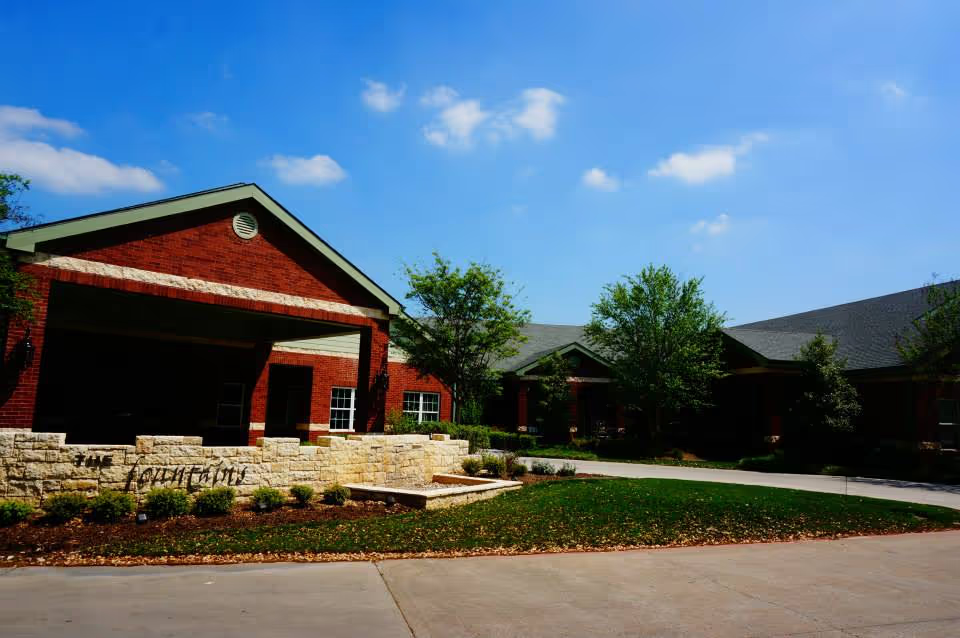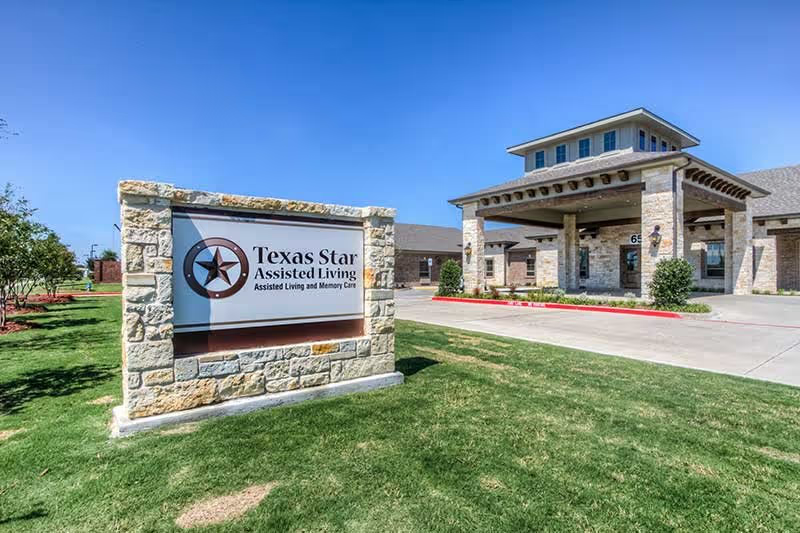Overall sentiment across the reviews of MorningStar Assisted Living & Memory Care at Jordan is mixed but leans positive when it comes to frontline caregiving, community life, and the physical environment. A consistent strength is the quality of direct care staff: many reviewers describe caregivers as warm, compassionate, respectful, and willing to go above and beyond. Multiple families praised staff who treat residents like family, provide dignified medication management, and support end-of-life transitions. The facility is repeatedly described as clean, nearly new, and well maintained, with a variety of room layouts, kitchenettes, courtyard space, a chapel, and on-site therapy or activity rooms that contribute to a comfortable, home-like atmosphere.
Activities and social engagement are another clear positive theme. Reviews mention a robust life-enrichment program with frequent offerings — bingo, happy hour, card games, trivia, movie nights, puzzles, entertainers and performers, theater events, weekly shopping trips, and small-group restaurant outings. Many residents report being active, happy, and involved. Families appreciate that there is "always something to do," and that the community provides spiritual options (communion, chapel), special events (Oktoberfest, car shows), and opportunities for family to join meals or activities.
Dining experiences are mixed but show improvement. Several reviewers highlight a new chef and meals cooked from scratch, calling recent food "really good" and praising variety and breakfast portions. However, an almost-equal number of reviews note poor food quality at times — lunches/dinners described as "pathetic" or cold, meals left unopened, or food not warm. Multiple comments attribute some problems to dining understaffing or delivery logistics (hot meals versus delivered trays). Prospective families should verify current dining operations, staffing in the dining room, and whether the reported improvements with the new chef are consistent.
Staffing levels and care consistency are the most frequent concerns. Many reviews explicitly state the community is understaffed and that staff appear overworked. This manifests as slow responses to call buttons (including problematic accessibility for residents with arthritis), missed hourly checks, delayed discovery after falls, and insufficient assistance with feeding or mobility. There are several serious incident reports — a fall not discovered promptly, reports of sepsis and a resident death with alleged poor communication and follow-up, and missing critical personal items (a cochlear implant) where families say they received no notification or apology. These accounts indicate variability in day-to-day care quality and raise safety and reliability issues that families should probe during tours.
Administrative performance and communication are inconsistent. Multiple reviewers praise specific leaders (new Executive Director, Maureen, Shelby, and others) for responsiveness, empathy, and active improvement efforts. New management and leadership turnover are repeatedly mentioned as catalysts for positive change — improved food, expanded activities, and warmer staff culture. Conversely, there are numerous reports of an administrative team that can be unresponsive, hostile, or difficult after move-in, and some families describe aggressive marketing, pressure to pay move-in fees, rent increases after move-in, billing pressure, and poor follow-through on incident communication. These divergent accounts suggest that leadership quality and the administrative experience may have improved recently but still vary or have inconsistent implementation.
Cleanliness, safety, and operational lapses appear sporadic but concerning when they occur. Specific incidents include soiled bedding and diapers left in rooms or trash, empty oxygen tanks, bathrooms unclean for weeks after move-in for some residents, and lost laundry. A few reviews describe what they interpret as retaliatory or dismissive staff attitudes when concerns are raised. There are also isolated notes about security/theft worries and misidentification of residents during periods of turnover and confusion. While many families report a clean and well-kept community, these reports of lapses indicate areas where oversight and quality-control need to be verified.
Memory care and specialized services receive mixed reviews. Several families strongly praise the memory care program as "wonderful," noting attentive staff, appropriate activities, and a successful transition. Other reviewers, however, describe minimal engagement in memory care, poor food service there, and inadequate staffing. Additional specific gaps mentioned include staff training around QMAP (medication administration), and accessibility for specific impairments (vision-related ADA accommodations). Prospective residents with memory care needs should request detailed programming, staffing ratios, and training credentials.
Cost and value are nuanced. Many reviewers find MorningStar Jordan moderately priced with good value relative to amenities and care, though some note that base rates are reasonable while higher care fees and add-ons can make it "very expensive" compared to alternatives. Families should seek clear, written explanations of what is included in base rent, typical ancillary fees, and policies around rate increases and move-in charges.
In summary, MorningStar Assisted Living & Memory Care at Jordan receives strong and repeated praise for its direct-care staff, welcoming atmosphere, active life-enrichment programming, and attractive physical campus. Recent leadership changes and a new chef are frequently cited as positive developments. However, recurring operational concerns — notably understaffing, inconsistent administrative communication, variable food service, sporadic cleanliness and safety lapses, and reports of lost items or inadequate incident follow-up — introduce meaningful risk and variability in resident experience. For families considering this community, recommended due diligence includes: meeting current leadership and the care team in person, asking for staffing ratios and on-shift skill mix (including RN/LPN coverage), reviewing incident reporting and family communication policies, confirming dining and housekeeping procedures, inspecting memory care programming and staff training credentials, and obtaining a clear, written statement of fees and rent-increase policies. These steps will help determine whether the positive culture and environment reported by many residents are reliably sustained and whether operational gaps have been corrected under the new management.
